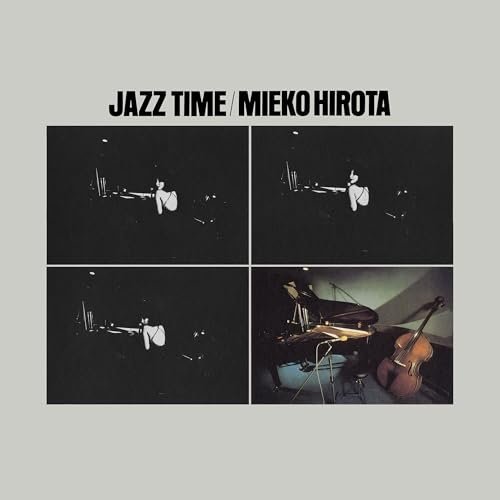Bill Easley - Diversitonic (2022) [Hi-Res]
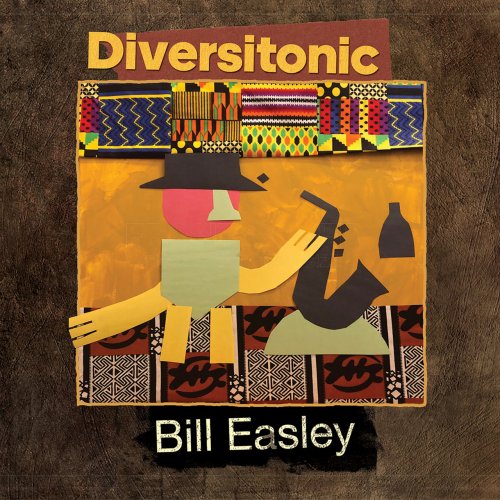
Artist: Bill Easley
Title: Diversitonic
Year Of Release: 2022
Label: Sunnyside Records
Genre: Jazz
Quality: Mp3 320 kbps / FLAC (tracks) / 24bit-96kHz FLAC (tracks)
Total Time: 43:43
Total Size: 105 / 244 / 845 MB
WebSite: Album Preview
Tracklist:Title: Diversitonic
Year Of Release: 2022
Label: Sunnyside Records
Genre: Jazz
Quality: Mp3 320 kbps / FLAC (tracks) / 24bit-96kHz FLAC (tracks)
Total Time: 43:43
Total Size: 105 / 244 / 845 MB
WebSite: Album Preview
1. Wherever You Go (6:06)
2. When Lights Are Low (5:46)
3. Those Where the Days (5:59)
4. I Didn't Know About You (5:27)
5. I Should Care (6:55)
6. Isfahan (4:04)
7. Things Ain't What the Used to Be (5:42)
8. There You Are (3:47)
A sixty-year career as a successful professional musician requires flexibility and perseverance. Woodwind master Bill Easley has been able to achieve this feat by being a fantastic musician and putting himself into promising musical situations. He believes the key to his success has been his attraction to diversity in both music and life. On his new recording, Diversitonic, Easley aims to make a personal statement utilizing musical influences that have impacted his life and career.
Originally from the small town of Olean in Upstate New York, Easley’s musical career began as a child under the leadership of his drummer father in the family band. As a fourth-generation musician, his early and varied musical experiences gave him a leg up wherever he settled, including New York City, Fairbanks, Alaska, and Memphis, Tennessee. On each of these moves, Easley was able to jump into the local scene and start working immediately. Also, he found himself mentored by many of jazz music’s legendary figures in the process.
Easley was a member of George Benson’s group for two years before settling in Pittsburgh, becoming a regular on the Hammond organ soul jazz circuit. During the 1970s, in Memphis, Easley cemented his credentials as a working pro, becoming a regular studio musician at Stax and Hi Records and touring with Isaac Hayes. Easley joined Mercer Ellington and the Ellington Big Band in the mid-1970s and, finally, relocated to New York City in 1980 where he became a regular in the Broadway show bands. He also became a regular in John Lewis’s The American Jazz Orchestra, David Baker’s Smithsonian Jazz Orchestra, and Wynton Marsalis’s Lincoln Center Jazz Orchestra.
Having relocated recently to Durham, North Carolina, Easley looked to the local music scene to provide collaborators on Diversitonic, including pianist Mark Wells and drummer John Hanks. Easley wanted to make an organ-based recording, as this had been a much beloved combination during his career. Easley brought in Philadelphia-born, New York City-based organist Kyle Koehler to provide that authentic swinging Hammond sound.
The recording is bookended by two Easley original tunes, “Wherever You Go” and “There You Are.” A chorus of birds gives way to a chorus of overdubbed saxophones and the funky pulse of “Wherever You Go,” guitarist Robert Bradford and percussionist Beverly Botsford adding some enticing textures. Bluesy organ introduces Benny Carter’s “When Lights are Low,” a favorite tune of Easley’s and one that he frequently calls on the bandstand. The gospel tinged take of Charles Strouse’s All In the Family theme, “Those Were the Days,” takes Archie Bunker and Edith straight to church. Duke Ellington’s pretty ballad, “I Didn’t Know About You,” allows pianist Wells a spotlight but also highlights Easley’s engrained focus on playing a straight melody.
A swinging version of the standard “I Should Care” is done in a breezy but propulsive manner, while Ellington’s “Isfahan” is motored with a loose New Orleans stride and highlights Easley’s easy melodic approach, one that would have pleased his hero, Johnny Hodges. The jump blues of Easley’s former boss Mercer Ellington’s “Things Ain’t What They Used To Be” is a toe tapping, feel good addition and features harmonica overtones from Bill Newton. The recording concludes with Easley’s “There You Are,” an in the moment collage of improvised alto saxophone and percussion.
Bill Easley realizes that society is divided, whether it be by race, gender, or any other device. He accepts those differences and celebrates them. Easley also believes that music is the equalizer. A universal tonic that brings people together, thus his homespun term that is the title of his highly listenable new recording, Diversitonic.
Bill Easley - saxophones & piccolo
Kyle Koehler - Hammond B3 organ
Mark Wells - grand & electric piano
John Hanks - drums
Beverly Botsford - percussion (tracks 1, 5, 8)
Robert Bradford - guitar (tracks 1, 7)
Bill Newton - harmonica (tracks 1, 7, 8)
Originally from the small town of Olean in Upstate New York, Easley’s musical career began as a child under the leadership of his drummer father in the family band. As a fourth-generation musician, his early and varied musical experiences gave him a leg up wherever he settled, including New York City, Fairbanks, Alaska, and Memphis, Tennessee. On each of these moves, Easley was able to jump into the local scene and start working immediately. Also, he found himself mentored by many of jazz music’s legendary figures in the process.
Easley was a member of George Benson’s group for two years before settling in Pittsburgh, becoming a regular on the Hammond organ soul jazz circuit. During the 1970s, in Memphis, Easley cemented his credentials as a working pro, becoming a regular studio musician at Stax and Hi Records and touring with Isaac Hayes. Easley joined Mercer Ellington and the Ellington Big Band in the mid-1970s and, finally, relocated to New York City in 1980 where he became a regular in the Broadway show bands. He also became a regular in John Lewis’s The American Jazz Orchestra, David Baker’s Smithsonian Jazz Orchestra, and Wynton Marsalis’s Lincoln Center Jazz Orchestra.
Having relocated recently to Durham, North Carolina, Easley looked to the local music scene to provide collaborators on Diversitonic, including pianist Mark Wells and drummer John Hanks. Easley wanted to make an organ-based recording, as this had been a much beloved combination during his career. Easley brought in Philadelphia-born, New York City-based organist Kyle Koehler to provide that authentic swinging Hammond sound.
The recording is bookended by two Easley original tunes, “Wherever You Go” and “There You Are.” A chorus of birds gives way to a chorus of overdubbed saxophones and the funky pulse of “Wherever You Go,” guitarist Robert Bradford and percussionist Beverly Botsford adding some enticing textures. Bluesy organ introduces Benny Carter’s “When Lights are Low,” a favorite tune of Easley’s and one that he frequently calls on the bandstand. The gospel tinged take of Charles Strouse’s All In the Family theme, “Those Were the Days,” takes Archie Bunker and Edith straight to church. Duke Ellington’s pretty ballad, “I Didn’t Know About You,” allows pianist Wells a spotlight but also highlights Easley’s engrained focus on playing a straight melody.
A swinging version of the standard “I Should Care” is done in a breezy but propulsive manner, while Ellington’s “Isfahan” is motored with a loose New Orleans stride and highlights Easley’s easy melodic approach, one that would have pleased his hero, Johnny Hodges. The jump blues of Easley’s former boss Mercer Ellington’s “Things Ain’t What They Used To Be” is a toe tapping, feel good addition and features harmonica overtones from Bill Newton. The recording concludes with Easley’s “There You Are,” an in the moment collage of improvised alto saxophone and percussion.
Bill Easley realizes that society is divided, whether it be by race, gender, or any other device. He accepts those differences and celebrates them. Easley also believes that music is the equalizer. A universal tonic that brings people together, thus his homespun term that is the title of his highly listenable new recording, Diversitonic.
Bill Easley - saxophones & piccolo
Kyle Koehler - Hammond B3 organ
Mark Wells - grand & electric piano
John Hanks - drums
Beverly Botsford - percussion (tracks 1, 5, 8)
Robert Bradford - guitar (tracks 1, 7)
Bill Newton - harmonica (tracks 1, 7, 8)
![Puma Blue - Croak Dream (2026) [Hi-Res] Puma Blue - Croak Dream (2026) [Hi-Res]](https://www.dibpic.com/uploads/posts/2026-02/1770296276_il18cxkt8vg4a_600.jpg)
![Piero Piccioni - La Spiaggia - The Beach (Original Motion Picture Soundtrack) (2026) [Hi-Res] Piero Piccioni - La Spiaggia - The Beach (Original Motion Picture Soundtrack) (2026) [Hi-Res]](https://img.israbox.com/img/2026-02/03/uasuoa9tpx4fgqf2agcpx1qg3.jpg)

![Kannon - ...in a Sea of Fire (2026) [Hi-Res] Kannon - ...in a Sea of Fire (2026) [Hi-Res]](https://img.israbox.com/img/2026-02/06/031z27045ersqlp1m4v7qos7b.jpg)
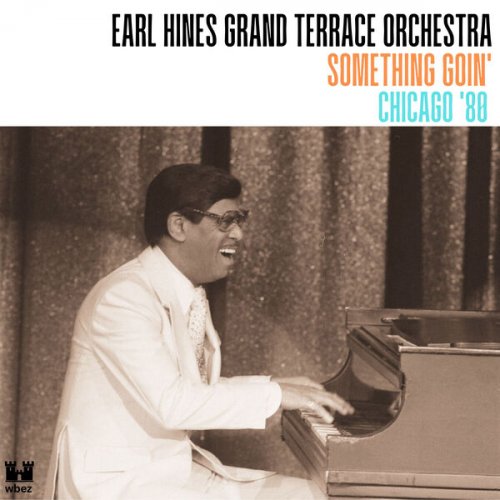
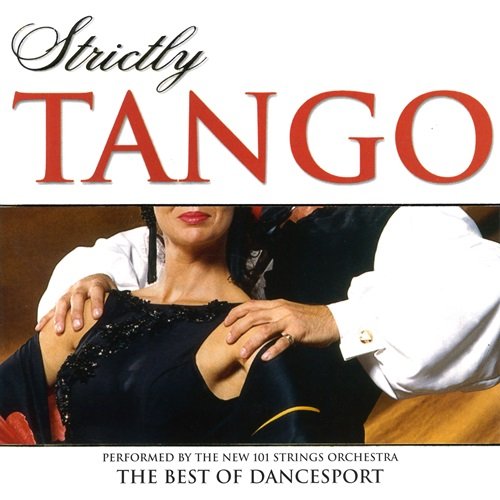
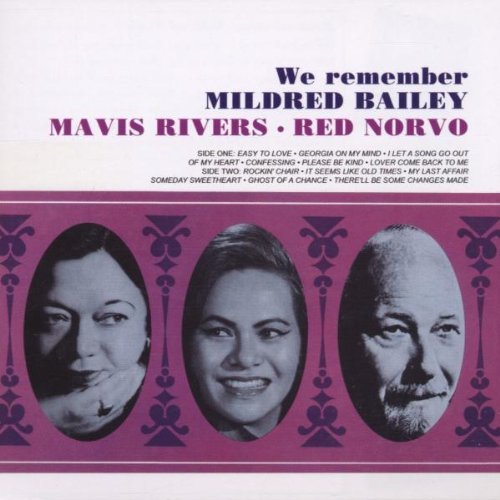
![Stefan Vale - Duo (Remastered 2026) [Hi-Res] Stefan Vale - Duo (Remastered 2026) [Hi-Res]](https://www.dibpic.com/uploads/posts/2026-02/1770223721_cover.jpg)
